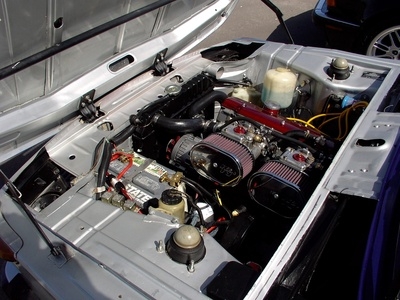
The head gasket is made from a cork, metal or plastic material that sits between the engine head and block. With internal combustion engines, the gasket functions to maintain compression in the area above the piston and to keep coolants and other fluids out of the combustion chamber.
The most common reason why a head gasket blows is excessive heat. This can warp the shape of the head and create gaps or spaces between the head and the block. Keeping a head gasket tightly bolted to the block is essential to good engine performance, as is periodic maintenance on the cooling system.
An improperly installed or manufactured head gasket can be another reason for a blown gasket. Because this could easily result from poor workmanship, it is a good idea to have the work completed in a reputable shop. The head has to be installed and tightened in proper fashion for the engine to function correctly.
Another problem that can cause a head gasket to blow is excessive buildup of carbon in the top of the cylinder. If the fuel mixture is not right or the carburetor is out of adjustment, unburned carbon can build up in the head and cause large deposits to form in the cylinder head. The extra material may become superheated and blow the gasket if the buildup is large. An excessive lean mixture can be just as damaging.